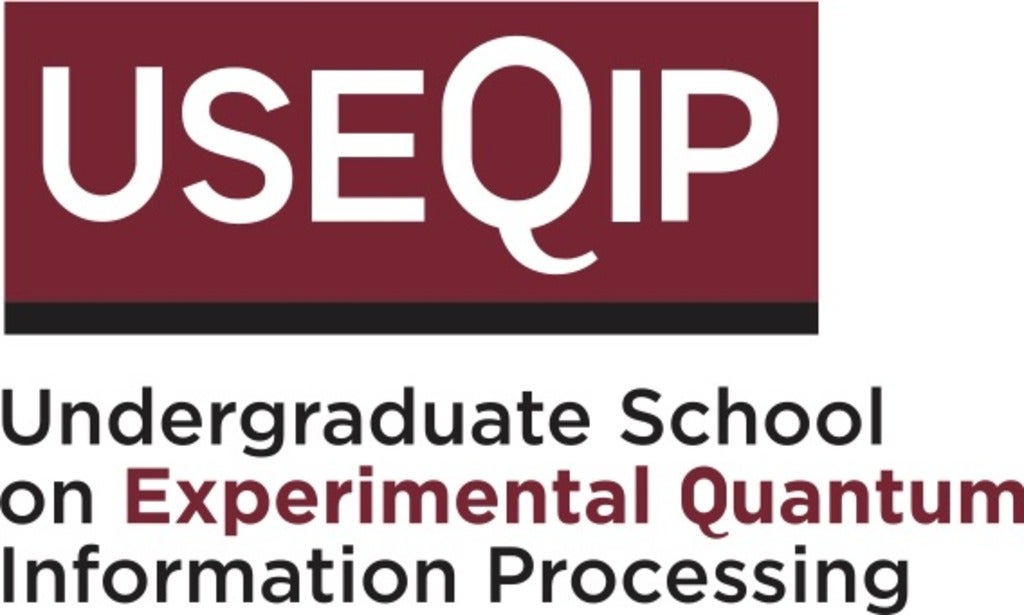Special seminar: Rajibul Islam
Quantum simulation with laser-cooled trapped ions
Rajibul Islam, Institute for Quantum Computing
Laser-cooled trapped ions are among the most versatile experimental platforms for the simulation of non-trivial quantum Hamiltonians. What distinguishes this platform from others is the extent to which it is experimentally possible to control this system at the level of individual particles and interactions between them.
